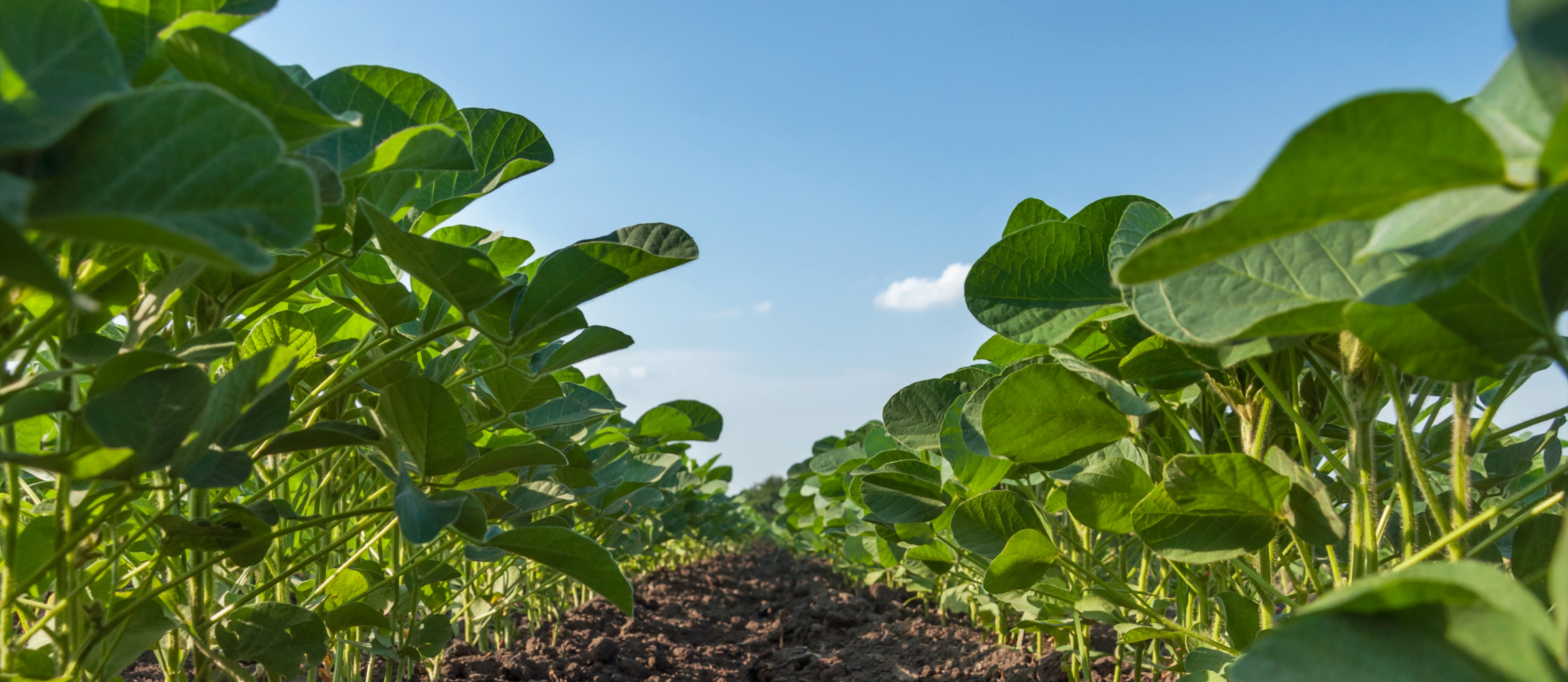ADM Requirements to Comply with New EU Regulation Impacting Kentucky Soybean Producers
ADM Requirements to Comply with New EU Regulation Impacting Kentucky Soybean Producers

Starting December 24, 2024, the European Union (EU) will require all imported soybeans to be deforestation-free. The policy aims to prevent deforestation and promote sustainable agriculture practices. Consequently, soybeans destined for the EU market must be traceable back to specific fields where they are grown. To comply with this requirement, Archer Daniels Midland (ADM), with help from the Farmers Business Network (FBN), has introduced a Deforestation-Free Soybean Program to ensure that soybeans exported to the EU meet their standards. However, this EU requirement will impact all elevators selling soybeans to Europe. Therefore, we expect additional verification platforms from other elevators across the U.S., not just ADM.
So, what does this mean for Kentucky soybean producers? Suppose you sell your soybeans to ADM Henderson, Livingston Point, Silver Grove, or ADM locations outside the state (e.g., Memphis). In that case, your location may require you to enroll in ADM’s Deforestation-Free Soybean Program via the FBN website/app by June 1, 2024, and submit your field boundary data by July 15, 2024. This enrollment is free, and by submitting your field boundary data, FBN will use satellite imagery to verify that the soybeans were grown on land not deforested after December 31, 2020. What constitutes not deforested? A field where more than 1.24 acres of trees were forested. In conversations with ADM, Dr. Chad Lee discovered that if the total acreage of the fence rows removed surpasses 1.24 acres, the field will not be eligible for the ADM premium (see more of Dr. Chad Lee’s notes from his conversation with ADM here). Early indications also suggest that some ADM locations will only accept deforestation-free soybeans, albeit at a premium. ADM is offering up to a $0.15/bushel premium if farmers enrolled in the program and an additional $0.05/bushel if enrolled by May 1, 2024, and field boundary data submitted by June 1, 2024. For more information on enrolling in the program, please visit ADM’s resource website here and contact your local ADM elevator for requirements.
Suppose you are unaware of this requirement or do not want to provide ADM and FBN with the required data to enroll in this program. In that case, it is important to realize that selling to a different elevator could incur additional costs, especially if your typical ADM site is not accepting unenrolled soybeans. Understanding hauling costs and local basis when delivering to a different market is important. To identify a new market, please see the map of Kentucky Grain and Oilseed Markets found here. Selling to a different elevator could additionally impact fuel, labor, and other operating costs and have differing quality discounts. The Grain Hauling Decision Tool can aid in determining the additional cost of delivering a load of soybeans to a new location. You can download the Excel tool here or find it on our Agricultural Economics website.
From a marketing perspective, it is currently unknown how premiums for non-deforested beans will affect long-run prices, but there are some things to be aware of when making marketing decisions in the short term. First, your marketing locations will change if you choose not to deliver to ADM due to data requirements or other reasons. As ADM is a large merchandiser, they offer popular marketing contracts such as basis and hedge-to-arrive. Contract options may be limited if you must market to a smaller elevator. Second, the premium for non-deforested beans may push the basis at surrounding elevators upward. As other elevators will need to compete with the premium to source local feedstock, they may need to account for the premium in their basis. Vice versa, even though ADM is offering a premium, they may account for it in their basis, causing a lower basis at ADM locations. Other elevators may not need to compete with the premium if this is the case.
Time will tell how the push for non-deforested beans affects local markets and grain marketing decisions. We have entered a new era in which premiums are being offered for practices. It is highly likely similar premiums will be used in the future for other sustainable agriculture efforts, such as carbon sequestration. These premiums offer the Kentucky producer opportunities; however, opportunities do not come without challenges. As we enter a new age where grains may become de-commoditized, producers must adapt quickly to changing market conditions.
Recommended Citation Format:
Shockley, J. and G. Gardner. "ADM Requirements to Comply with New EU Regulation Impacting Kentucky Soybean Producers." Economic and Policy Update (24):5, Department of Agricultural Economics, University of Kentucky, May 24, 2024.
Author(s) Contact Information:
